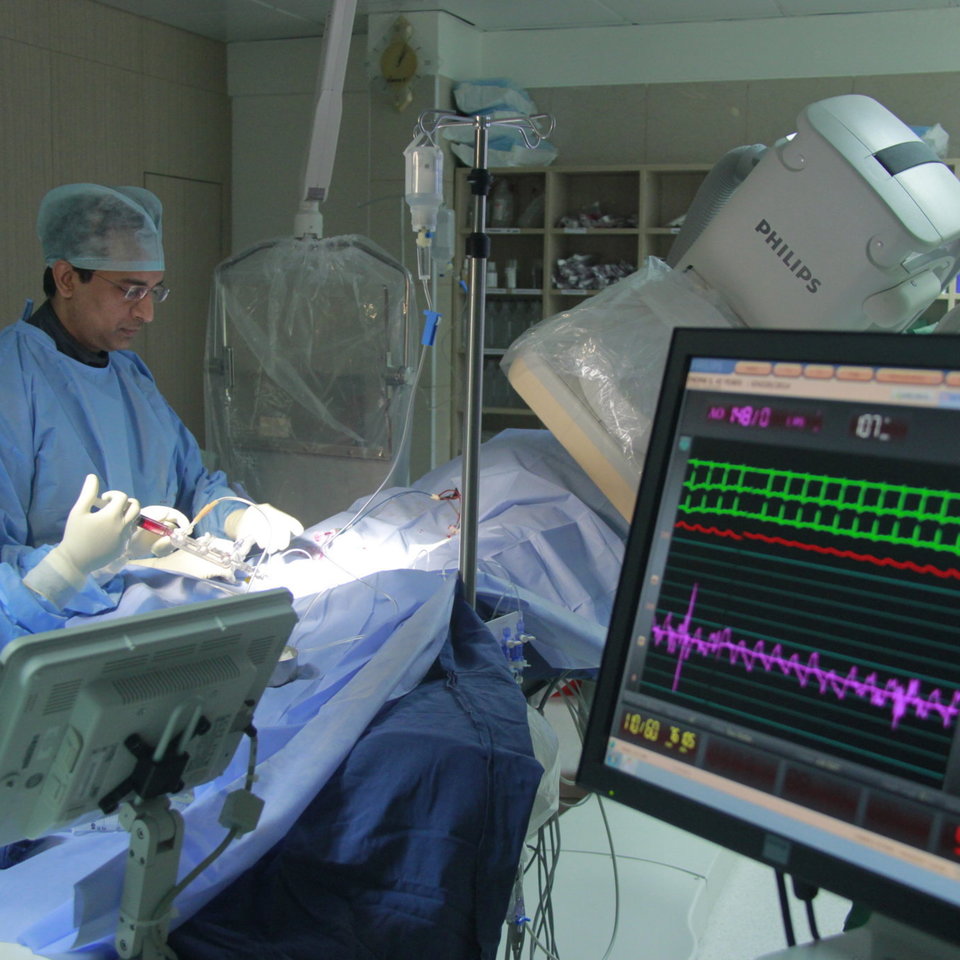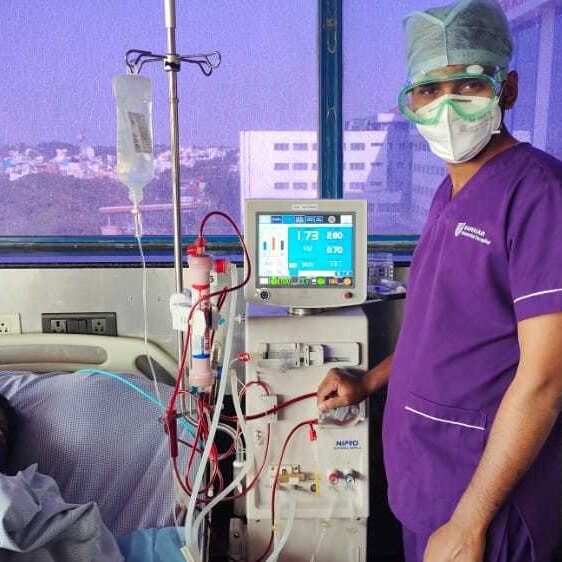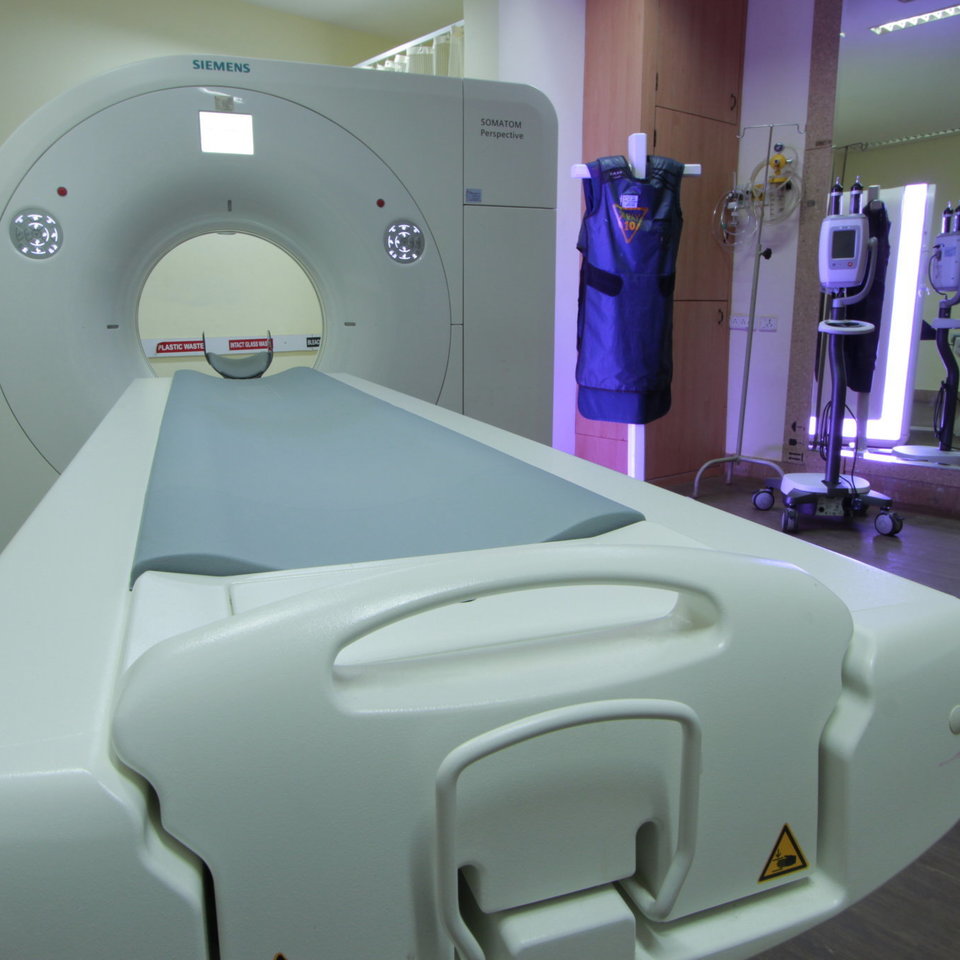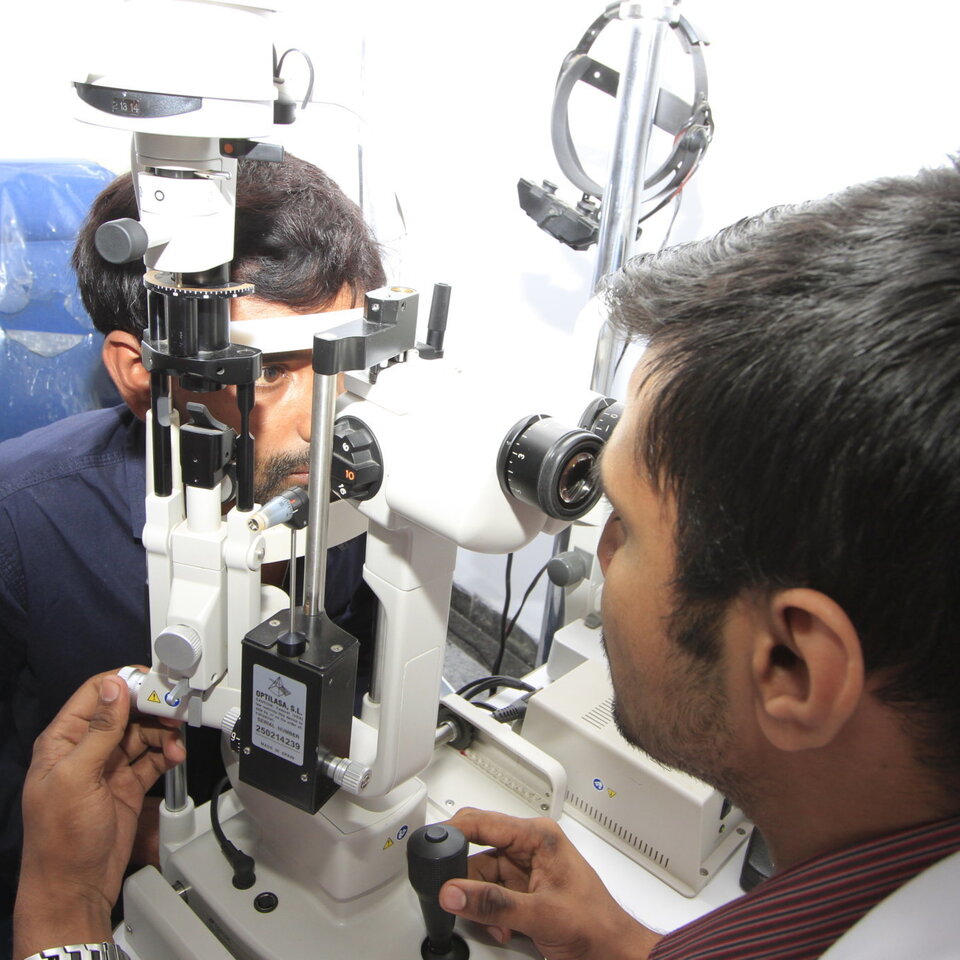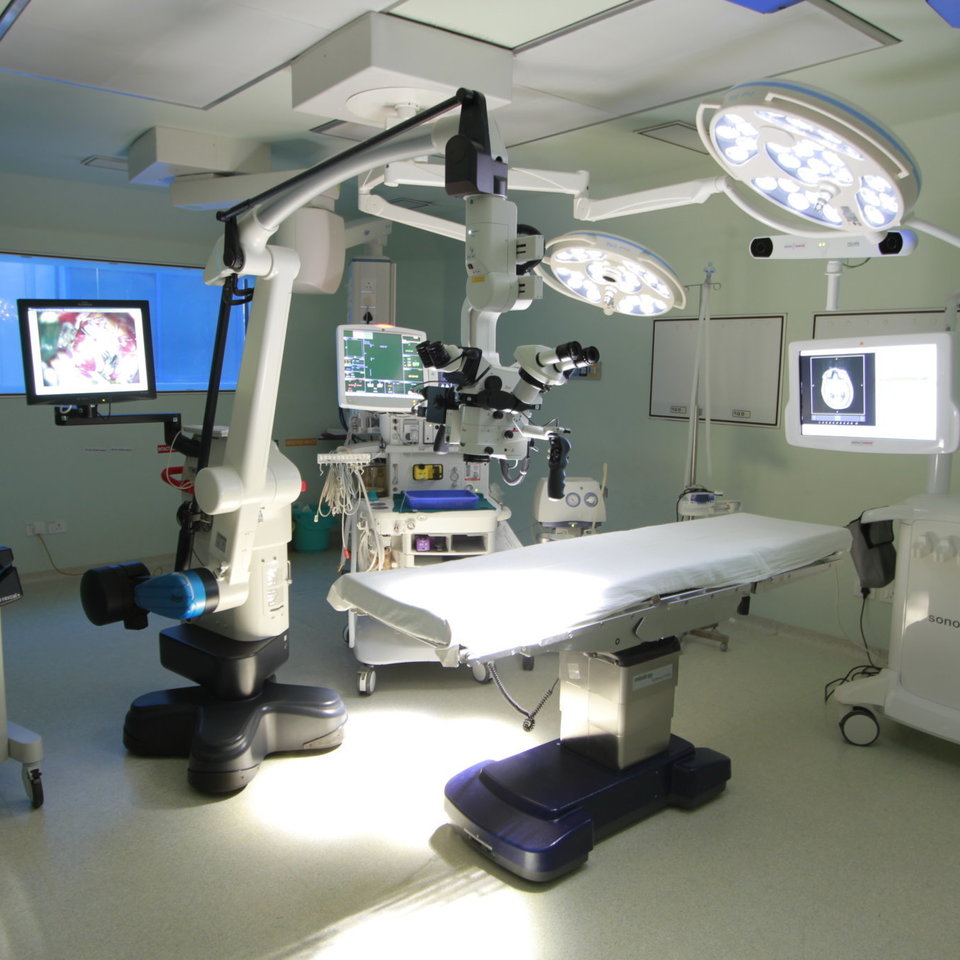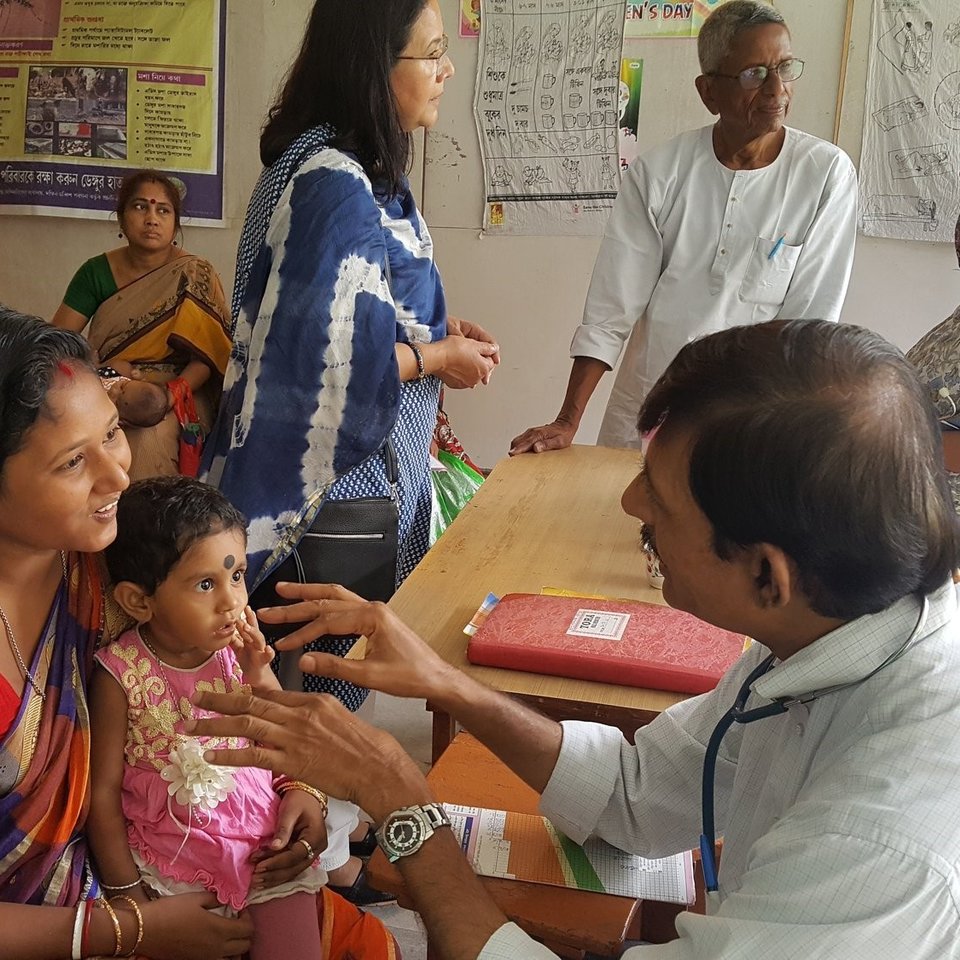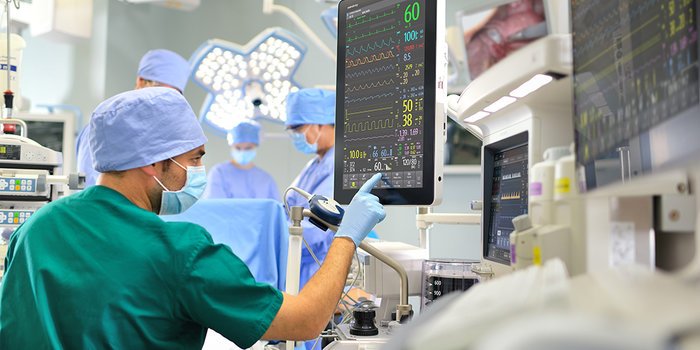
Department of Allied Health Sciences
The advancement in technology has contributed tremendously in improving the quality of healthcare in the last few decades. This has also created fresh challenges in the field of healthcare. It is now widely recognized that health service delivery is a team effort involving both doctors and non-physicians, such as nurses and technologists. Professionals that can competently handle sophisticated machinery and advanced protocols are now in high demand. In fact, diagnosis is now so dependent on technology, that allied and healthcare professionals are vital to successful healthcare delivery.
Ministry of Health and Family Welfare defines Allied and healthcare professionals (AHPs) as those “individuals involved in the delivery of health or healthcare related services, with qualification and competence in therapeutic, diagnostic, curative, preventive and/or rehabilitative interventions. They work in multidisciplinary health teams in varied healthcare settings including doctors (physicians and specialist), nurses and public health officials to promote, protect, treat and/or manage a person(‘s) physical, mental, social, emotional, environmental health and holistic well-being.”
Effective delivery of healthcare services depends largely on the nature of education, training and appropriate orientation towards community health of all categories of health personnel, and their capacity to function as an integrated team.
The Universal Health Coverage goals envisaged by Government of India may not be possible to achieve due to shortage of the skilled human resource. The documented benefits of having AHPs in the healthcare system range from improving access to healthcare services to significant reduction in the cost of care, when the healthcare system moves away from the doctor-centric approach to a multidisciplinary approach that include AHPs. Many examples emphasize the need for skilled allied and healthcare professionals in the system. AHPs also play a significant role to care for patients with chronic diseases and help to improve their quality of life.
With a vision to provide adequate support to the physicians and surgeons and to fill in the gap of skilled AHPS, the department of Allied Health Sciences, offers following four year undergraduate B.Sc.(Hons) degree programs and two year post graduate programs in Hospital Administration and Public Health.
- Cardiac Care Technology
- Dialysis Therapy Technology
- Medical Radiology and Imaging Technology
- Optometry
- Anesthesia and Operation Theatre Technology
Head of Department
Programmes
B.Sc. (Hons) Cardiac Care Technology
CODE: 406Gnanagangothri CampusB.Sc. (Hons) Dialysis Therapy Technology
CODE: 402Gnanagangothri CampusB.Sc. (Hons) Medical Radiology and Imaging Technology
CODE: 401Gnanagangothri CampusB.Sc. (Hons) Optometry
CODE: 404Gnanagangothri CampusB.Sc. (Hons) Anaesthesia and Operation Theatre Technology
CODE: 403Gnanagangothri Campus
Masters in Hospital Administration

Master of Public Health (MPH)
Gnanagangothri Campus- Research
Doctor of Philosophy (PhD)
Gnanagangothri Campus, Technology Campus (Peenya Campus)


